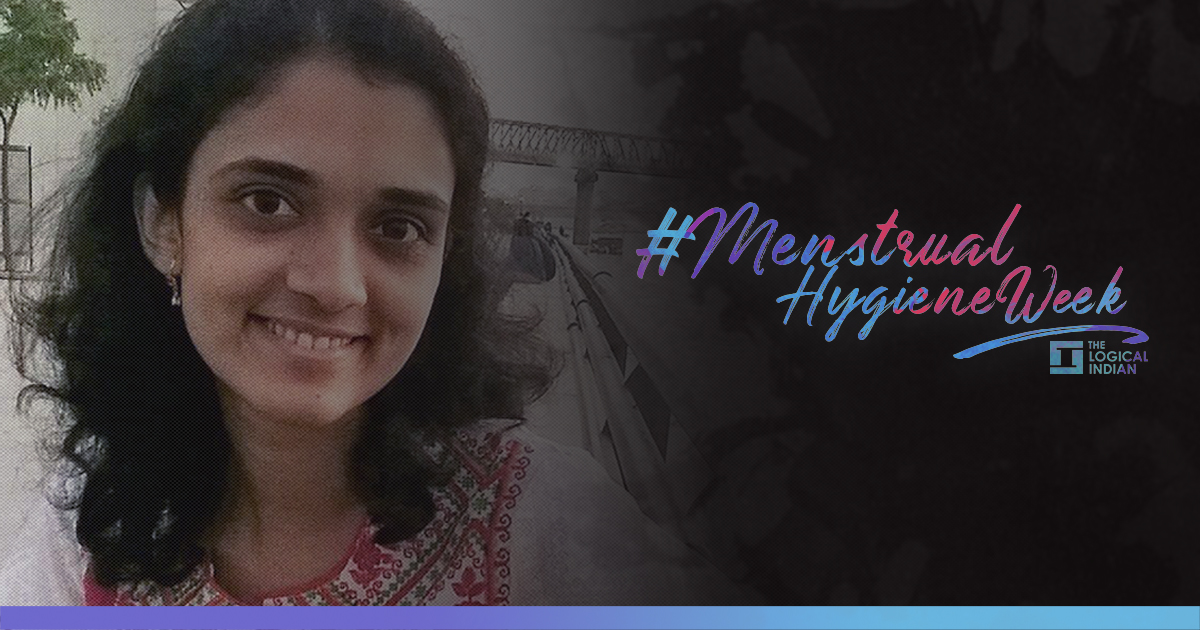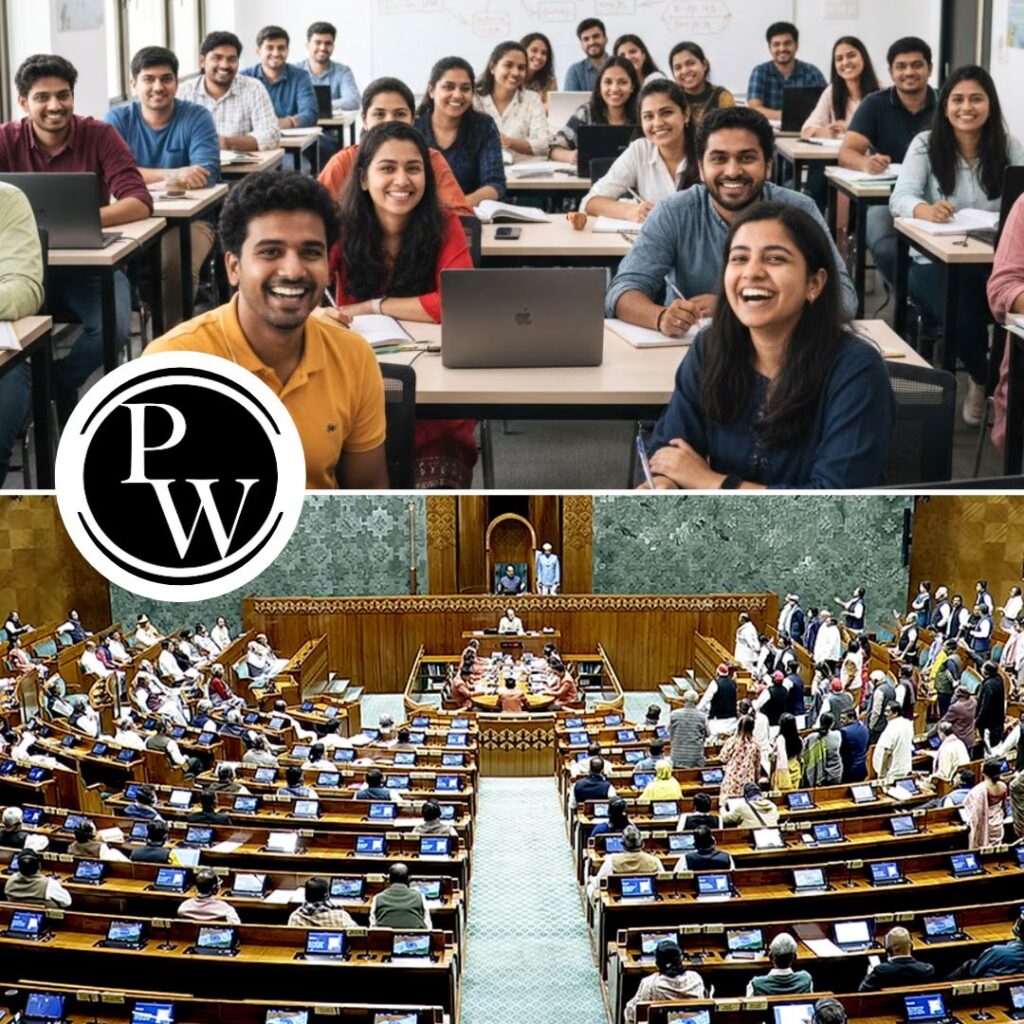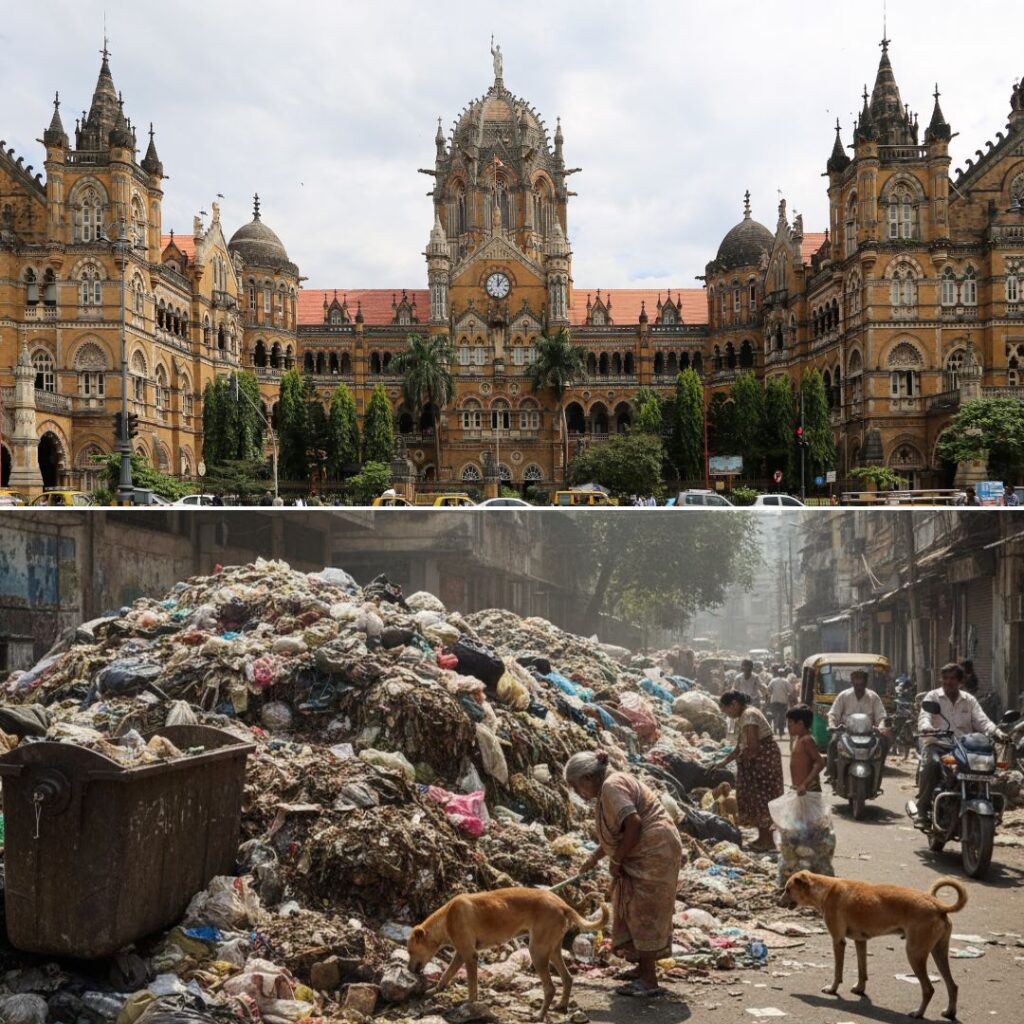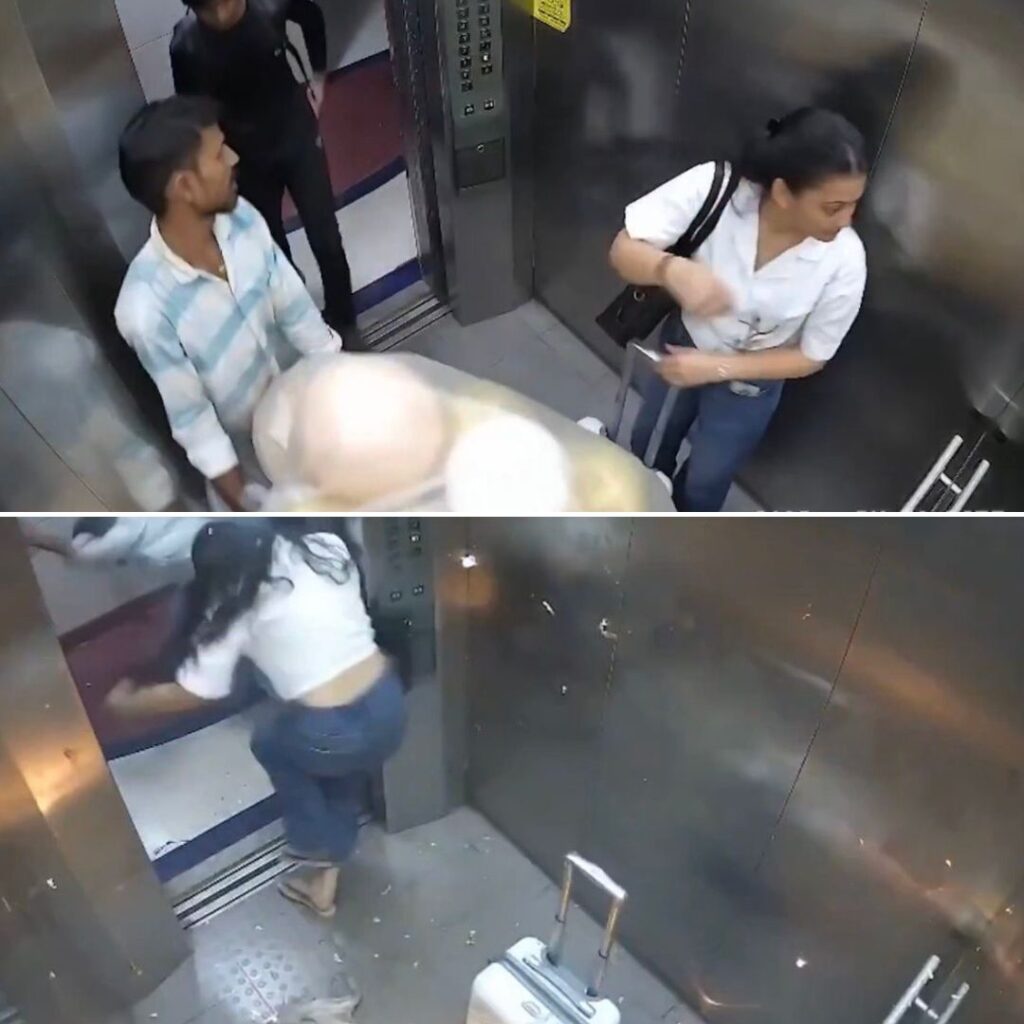World Menstruation day which is celebrated on May 28. While the topic of menstruation may be out in the open but the stigma around it remains in the society as a whole. #MenstrualHygieneWeek is a campaign by The Logical Indian to create awareness, ask pertinent questions, get answers and bust myths.
Since 2008, the Science Magazine and the American Association for the Advancement of Science has been organizing a “Dance your PhD” contest annually. The competition asks scientists to interpret their PhD research as a dance and send in their entries in video format.
In 2016, Mukta Gundi, a doctoral student in Social Epidemiology at IIT Gandhinagar, participated in the contest. Her research is on “Menstrual Health among Adolescents in India”. The beautiful video which has almost 12,000 views on YouTube was a finalist for “Dance Your PhD 2016”
Mukta is an individual who decided to take action to address menstrual health and the social realities surrounding it. The Logical Indian reached out to her to understand her experiences both in her research and outside of it.
Q1. In the about section of your YouTube video you gave a wonderful introduction to your work. What was it that inspired you to work on this specific topic of menstrual health among adolescents in India?
Mukta: I vividly remember some of the experiences during my youth. I got my first period when I was away from home on a school trip. We were about a hundred students staying together with insufficient toilets. I remember how I struggled to tell my friends and teachers when I urgently needed to use a washroom; I remember wearing two sanitary pads at the same time so that I wouldn’t get a stain on my clothes; how I avoided visiting shops with a male shopkeeper for buying sanitary pads; how a friend from a conservative family asked me to step aside and go out of the room when she got to know that my periods were on when I visited her house; and I also remember how patients in the hospital gave me a strange look when I accidentally dropped a pad from my apron while treating a patient. All of this impacted me deeply! If this was what a girl like me, who belonged to an urban educated family remembers about her menstruation, what about all those who are disadvantaged?
With these clear negative memories and questions in my mind, I was writing an assignment on menstrual practices among Indian girls for the course on behavioural sciences during my Master’s degree in the U.S. While reviewing the literature, I realized that there was a lot of emphasis on menstrual hygiene management which failed to capture many nuances of this experience that girls and women go through. Very few articles ventured beyond hygiene and rarely did any article talk about various structural and social factors that influence this experience. I felt it was important to look at it by broadening the lens that looks beyond girls, beyond hygiene and focuses not just on behaviours. I got more and more interested in exploring this topic further and later took it as a topic for my PhD thesis under the guidance of Dr Malavika Subramanyam at IIT Gandhinagar. This gave me an excellent opportunity to go to the field and dig deeper into how menstrual experiences are shaped by societal norms and how they affect adolescent health and their quality of life.
Q2. The stories and taboos about menstruation are imbibed by both men and women alike, yet ironically discussions about and around menstruation rarely happen with and among men. Even among women, it is discussed in hushed tones and in secret. What impact do such attitudes have on the adolescents’ (girls as well as boys) perception regarding menstruation? In your experience of working with a significant number of adolescents what were some of the stories and taboos that you came across?
Mukta: Findings from my study in Maharashtra were eye-opening for me! Many boys seemed curious about menstruation, yet, mostly they remained devoid of any information. While some of them knew ‘something’ about menstruation, often, their questions to know the details were shut by the family members. There also seems to be a lot of misinformation about the topic as few boys confused menstruation with a ‘disease’, some confused absorbents with contraceptives, some thought that girls get periods since birth, while some also wondered why absorbents are hidden from them! Many also felt that they should not be talking about it because it had nothing to do with them. Societal beliefs such as- ‘menstruation is a curse’, ‘failure to follow norms makes you ill’ were also reflected in the study. Interestingly, few of them did question some of the taboos and norms; however, many preferred to remain silent due to fear of being scolded.
Q3. What do you think are some good ways to establish a dialogue regarding menstruation among adolescent boys and girls?
Mukta: Adolescence is considered as a window of opportunities. It is a transformative age when one actively tries to make sense of the world, develops an identity for oneself and also unknowingly absorbs those propagated beliefs which create taboos and shame around sensitive topics. The word ‘dialogue’ that you used in your question is exactly what needs to be done. In our national level strategies regarding menstruation, there is an emphasis on disseminating information on this topic.
However, information dissemination may remain a dry, one-way process. Girls and boys might still need to learn about the physiological and anatomical details of menstruation but the discussion should not stop there. Dialogue should happen among adolescents and also between adults and adolescents to discuss the topic in a culturally sensitive way. It is essential to include teachers and parents in comprehensive sex-education as adolescents’ social experiences are highly influenced by what these responsible adults think.
If a boy who learns that ‘menstruation is not a curse’ in school is scolded by his parents for questioning the menstrual norm, he gets a conflicting message and learns to distance himself by calling it a ‘women’s topic’. Designing such inclusive, culturally relevant and comprehensive strategies is probably not easy. This might be done in creative ways such as- creative advertisements on TV, involving artists to set creative dramas/plays in school to question gender norms, videos that delicately show various layers of this process and also through a folk culture which people can relate to. Taboos bring stubbornness; we will have to knock on many doors to start a dialogue.
Q4. Can you elaborate on the findings of your research? Particularly with regard to how adolescent girls and boys perceive menstrual health, the knowledge they lack, and the social determinants that affect adolescent girls’ menstrual health.
Mukta: Gender; health education in schools, neighbourhood and parents’ socioeconomic characteristics were seen to influence one’s menstruation-related experience. Negative perceptions and negative communication tend to influence girls’ health. One important insight that I got from my research is that even within the population of adolescent boys and girls, menstruation is experienced differently as per adolescents’ different social and structural surroundings. So, the discourse on menstrual hygiene and behaviours should ideally address these factors. Let’s take an example- a girl from my study hated menstruation so much that she even asked if there was any way to get rid of it. Does this extreme thought come to her mind only because she does not use sanitary pads? What about her neighbourhood experience as she shared public toilets during periods which were unclean and exposed her private experience to neighbours; how did men in the family contribute in creating this shame; did her family have enough money to visit a doctor if she had a gynaecological illness?
When we ask these questions about social determinants, we realize that even hygiene and healthy behaviours could be luxuries for disadvantaged girls. So, it is not only about educating girls for ‘using sanitary pads’ and ‘maintaining hygiene’, rather, it is about creating an environment and policies which can allow them to use an absorbent of their choice and keep themselves healthy.
Q5. In your experience (during your research and otherwise) what role does education play in shaping the perspectives of adolescents?
Mukta: Education plays a crucial role in shaping the perspectives of adolescents around sensitive topics. However, it also depends upon what is taught/not taught, how is it taught, do teachers interact or is it one-way didactic teaching, etc. So, merely including a chapter on human physiology in the syllabus and teaching it for the sake of examinations will not suffice. It is about life-education, which can be discussed creatively in schools, and ideally should also go beyond schools. I think many schools conduct at least a session on menstruation; however, it needs to be evaluated for its relevance, quality, inclusiveness, and competence. Schools, colleges which lack these educational facilities need training and support for teachers. A teacher who teaches biology well may not necessarily conduct an interactive discussion on menstruation with adolescent students unless he/she knows how to conduct such sessions. A large proportion of adolescents is out of schools or consists of school drop-outs. Understanding and addressing their concerns is also essential.
Q6. Your video for the Dance your PhD competition was a beautiful initiative. While it is for a competition, I believe that the way it addresses the social issues surrounding menstruation it also works as an educative resource. Outside of the classroom, what role can we play in bringing the discussions on menstrual health out in the open and make them more scientific and gender-neutral?
Mukta: I think, it is going to be a slow process. Social media, some recent movies have already made efforts to bring the discussion on menstruation to the mainstream; however, they do not represent all the voices in the society. Along with a scientific, gender-neutral discussion we really need to push for cultural sensitivity. For instance, a video for girls to show them the ways of stitching cloth pads, creatively talking about how to keep cloth pads clean, how to change cloth pads in the school toilet will automatically make the discussion culturally relevant for all those girls who do not prefer or afford to use commercially available sanitary pads. Many times, parents feel less confident about answering their children’s questions. Educational materials made in local languages for both girls and boys can be of great help for parents. Involving young adolescent girls and boys, allowing them to open up, addressing their queries is important to so that taboos are slowly but surely challenged in future.
Q.7 What message would you like to give our readers on the occasion of World Menstrual Hygiene Day (May 28, 2019)?
Mukta: On this World Menstrual Hygiene Day, let’s broaden our understanding of menstruation from ‘hygiene to health’. Healthy and taboo-free menstruation is not just a mark of women’s gynaecological health but is also a mark of equality in the society, and a mark of looking at women’s health more holistically. Happy world menstrual health day, everyone!
What does menstruation mean to you? Do you twitch a bit or sit uncomfortably at the mere mention? Want to share your experience? write to us at [email protected], remember to hashtag #MenstrualHygieneWeek













